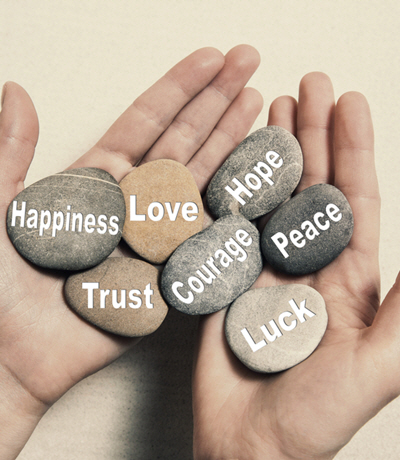“It’s never been true, not anywhere at any time, that the value of a soul, of a human spirit, is dependent on a number on a scale. We are unrepeatable beings of light and space and water who need these physical vehicles to get around. When we start defining ourselves by that which can be measured or weighed, something deep within us rebels. We don’t want to EAT hot fudge sundaes as much as we want our lives to BE hot fudge sundaes. We want to come home to ourselves.” – Geenan Roth
 This is what disordered eating looks like…
This is what disordered eating looks like…
… obsessing about food and weight.
… exercising too much or too often.
… trying to compensate for food you have eaten by vomiting, taking laxatives, or other medications to affect your weight or shape.
… eating to comfort yourself, even when not hungry.
… feeling out of control when eating.
… feeling guilty about eating.
Disordered eating involves one or more of these patterns of thoughts or behaviors…
… and many of us have engaged in disordered eating at some point in our lives.
 We’re definitely hungry, but not always for food.
We’re definitely hungry, but not always for food.
This is particularly true in our culture. Sometimes we feel too busy caring for others to stop and care for ourselves. So, we eat on the go… and make unhealthy choices. Sometimes we long for connection, but don’t know how to get that from others… so we use food to comfort ourselves.
Or when we say “yes” but really mean “no,” food is our reward for doing the thing we didn’t want to do.
We also use food as a form of punishment. We purge when someone gets mad at us. When things feel out of control, we restrict our eating… so at least we have control over something.
Or, we over-exercise, to get back to a weight that is no longer sustainable.
What are you hungry for?
This question alone has brought up different feelings for clients.
Some get confused. Some get angry. Others get sad. These are all normal reactions to a difficult question.
Sometimes these feelings arise, because the question had never been asked. Or because you might already know the answer but feel as if there is no way to get what you need. This is where I can help.
In our work together, we will identify your disordered eating behaviors. This is done primarily through compassion and acceptance.
I will teach you to have compassion for the one who needs to use food as a form or reward or punishment. By having compassion, any judgment or shame you carry about your disordered eating will slowly disappear. Acceptance brings a grounded approach and allows you to sift through the behaviors and decide which are no longer working for you.
Along the way there might be resistance to making changes.
Resistance doesn’t mean you “don’t have willpower” or “you’re lazy.” These statements are examples of shame and judgment.
Instead of labeling the resistance, we welcome and learn from it.
Resistance is a way of saying, “no” or “this feels too hard.” There might be a very good reason for the “no,” or it might be an old pattern. Whichever it is, it is worthy of exploring.
Stop depriving yourself.
Learn what you are truly hungry for… and how to give yourself what you need, so you can come home to yourself.
Call me today (860) 838-2071.

